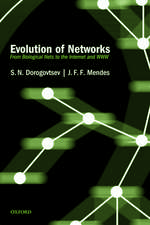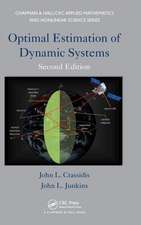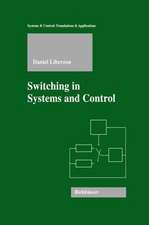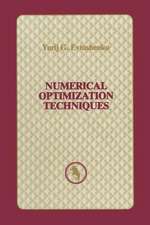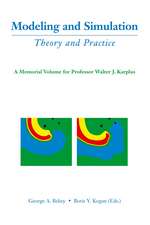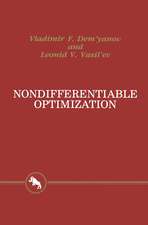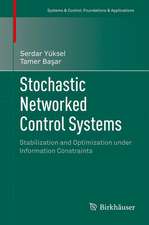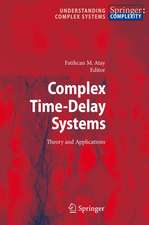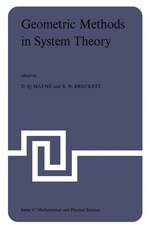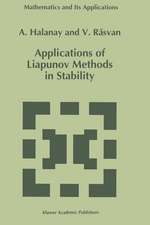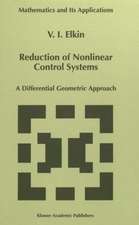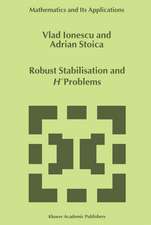Cybernetics, Second Edition
Autor Norbert Wieneren Limba Engleză Hardback – 8 feb 2015
| Toate formatele și edițiile | Preț | Express |
|---|---|---|
| Paperback (2) | 161.18 lei 6-8 săpt. | |
| Quid Pro, LLC – feb 2016 | 161.18 lei 6-8 săpt. | |
| Quid Pro, LLC – | 164.28 lei 6-8 săpt. | |
| Hardback (1) | 197.61 lei 6-8 săpt. | |
| Quid Pro, LLC – 8 feb 2015 | 197.61 lei 6-8 săpt. |
Preț: 197.61 lei
Nou
37.82€ • 39.38$ • 31.96£
Carte tipărită la comandă
Livrare economică 07-21 martie
Specificații
ISBN-10: 1610278461
Pagini: 236
Dimensiuni: 152 x 229 x 14 mm
Greutate: 0.49 kg
Ediția:2. Auflage.
Editura: Quid Pro, LLC
Descriere
CYBERNETICS, in its authoritative and final Second Edition, is now available in a modern and highly legible presentation - not just a "facsimile edition" (photocopy) of the printing as are cheap recreations. Instead, the Quid Pro Books edition is a contemporary but affordable printing rsther thsn a generic reprint. NOTE: Only the Quid Pro edition offers these features, even if this description erroneously appears under other press's versions or older, used copies of the work.] A quality, affordable ebook version of this classic work is also available from Quid Pro Books. CYBERNETICS is on virtually everyone's short list of the most important and influential nonfiction books of the last century. First published by MIT mathematics professor Norbert Wiener in 1948, and later in its Second Edition in 1961, this groundbreaking account of systems, thought processes, AI, and the use of "feedback" foreshadowed intelligent and replicating machines, complex organizational organisms, and the physiology and failure of the human nervous system. Its 1961 Second Edition is the same version republished in many printed paperback editions since (such as the 1965 printing by MIT Press), and represents the culmination of the author's work on this project. No small wonder this has been widely read by scientists and lay readers alike, to understand the origins and future of computers, wider communication pathways, the use of feedback to refine actions and thought processes, and the logic and math behind non-linear systems. Educated readers know the term "cybernetics"; this book coined the term and created an entire field of interdisciplinary study that resonates today, and led to the "cyber"-everything that we know. Norbert Wiener, known as the "Father of Cybernetics," has influenced such fields of study as game theory, system theory, sociology, psychology and neuroscience, modern philosophy, organizational theory, and even architecture.



